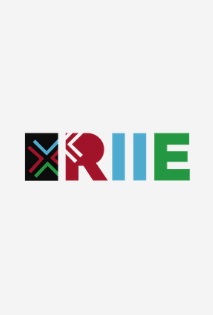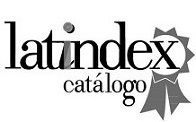The higher education for indigenous people in the Brazilian Constitutional Court discourse: an analysis of the judgment ADPF N. 186 of the Supreme Court
DOI:
https://doi.org/10.30972/riie.083669Keywords:
Indigenous Higher Education, Constitutional Courts, Affirmative Action, Equity, Legal Anthropology, Constitutional DemocraciesAbstract
In 2012 the Supreme Court of Brazil (STF) pronounced on a lawsuit called Arguição de Descumprimento de Preceito Fundamental (ADPF) n. 186 and expressed its position on affirmative action policies implemented in brazilian universities for over ten years. The decision, an extensive judgment intermingled with legal and philosophical concepts, discusses public policy for higher education to promote the ideals of equality from a substantial perspective or as material conditions present in the daily life of brazilian society. The look of the judges was facing, preponderantly, the lack of black students in universities and federal institutions of higher education. Another absence is examined to indigenous students. The theme emerges in the discussions leading up to the final decision of the Constitutional Court and the Federal Law n. 12.711/2012. The judgment of a superior court instance has the prerogative to serve as a kind of model to guide the actions of the Brazilian State. From an analysis axis set around the categories "ethnicity" and "race", this study of legal anthropology seeks to examine the configuration of the indigenous presence in the repertoire of brazilian Constitutional Court and bring an overview of the fundamentals of these concepts.
Downloads
Downloads
Published
How to Cite
Issue
Section
License
Aquellos autores/as que tengan publicaciones con esta revista, aceptan los términos siguientes:
- Los autores/as conservarán sus derechos de autor y garantizarán a la revista el derecho de primera publicación de su obra, el cuál estará simultáneamente sujeto a la Licencia de reconocimiento de Creative Commons que permite a terceros compartir la obra siempre que se indique su autor y su primera publicación esta revista.
- Los autores/as podrán adoptar otros acuerdos de licencia no exclusiva de distribución de la versión de la obra publicada (p. ej.: depositarla en un archivo telemático institucional o publicarla en un volumen monográfico) siempre que se indique la publicación inicial en esta revista.
- Se permite y recomienda a los autores/as difundir su obra a través de Internet (p. ej.: en archivos telemáticos institucionales o en su página web) antes y durante el proceso de envío, lo cual puede producir intercambios interesantes y aumentar las citas de la obra publicada. (Véase El efecto del acceso abierto).






.jpg)




